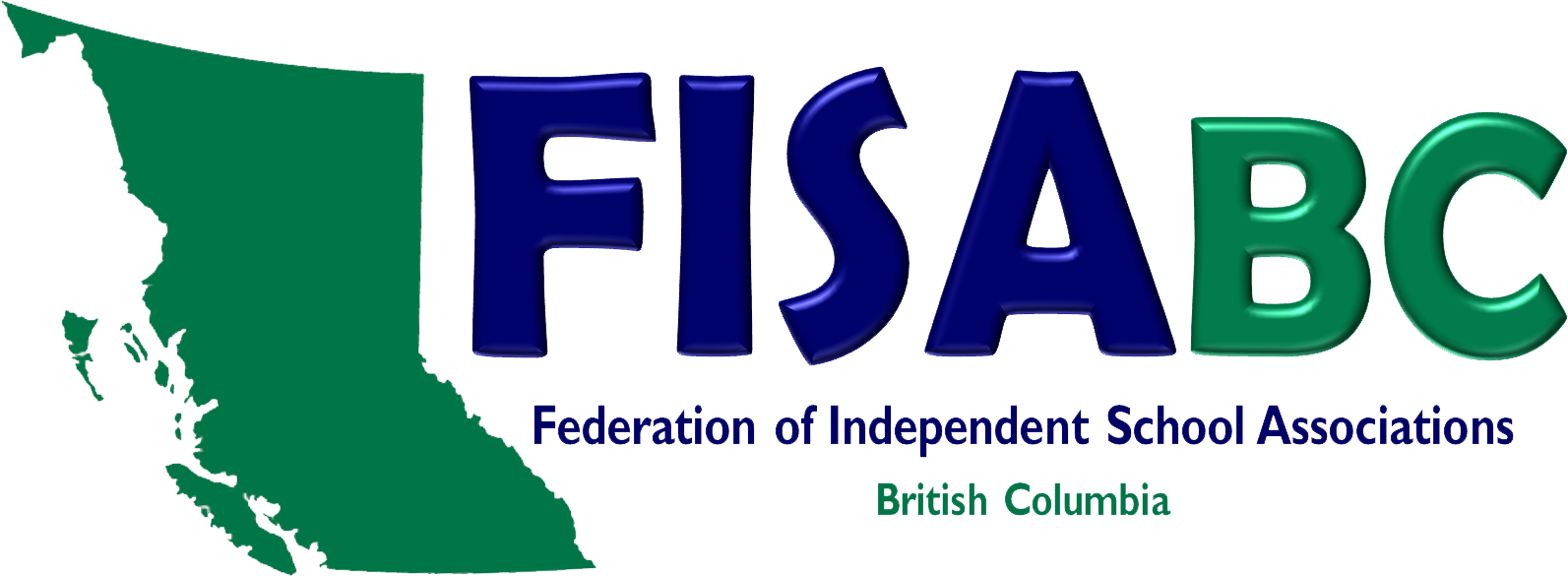When Darren Spyksma and Greg Gerber toured the province this Fall as part of FISA’s provincial outreach team, they had an important message to deliver: Critical thinking is a core skill for every teacher in British Columbia. Perhaps even THE core skill.
As Directors of Learning for the Christian Schools of B.C. both Darren and Greg are evangelists for the idea that teaching is not about filling mostly-empty vessels — kids’ heads — with knowledge. Instead it’s about teaching them how to think.
“If teachers see their identity wrapped around being an expert, they’re in trouble,” Darren says. “There’s no way they can stay on top of their area of expertise.” Why? While human knowledge doubled once a century until 1900 and once every 25 years by the end of the Second World War, it’s now doubling every 13 months. And according to a recent report by IBM, http://www-935.ibm.com/services/no/cio/leverage/levinfo_wp_gts_thetoxic.pdf) it will be doubling every 11 hours by as soon as 2023.
“Teaching has been flipped on its head,” Darren says. “The job has switched from answering questions to curating information and ASKING good questions.”
Greg agrees. “It’s often debated at the high school level: what are we teaching students for? What is the purpose of instruction?” Greg believes teachers need to instruct kids in thinking and communicating. And he says that this approach aligns with the Ministry of Education’s recently redesigned curriculum — which means that assessment models also need to be challenged.
“We often assess that which is easy to assess,” he says, “which is typically content. But what we need to be assessing is thinking skills.”
The traditional learning model meets the needs of only about 60% of students. “That used to be almost okay when a lot of jobs in society were based on manufacturing,” Darren says. “But those jobs are now being mechanized.” If students want to be able to perform in the new, information-based economy, they need to be trained in critical thinking. “We’re talking beyond school and into life,” according to Darren.
What Greg calls “deep thinking” is a useful skill for students. But to turn it into an even more valuable one — critical thinking — requires having students consider multiple perspectives. As an example, Greg describes a student who might consider his or her own thoughts on a particular issue. Then the student might ask how an Aboriginal person would respond to exactly the same issue.
Bottom line? There is already more information in this world than anyone is able to comprehend or deal with. But the truly well-educated student will be trained to discern good information from bad, fake news from careful analysis.
“Education needs to be something that’s lived, not consumed,” says Darren. “The learning happens in the seats not because the teacher has told you to memorize something. Learning happens through what you do.”
